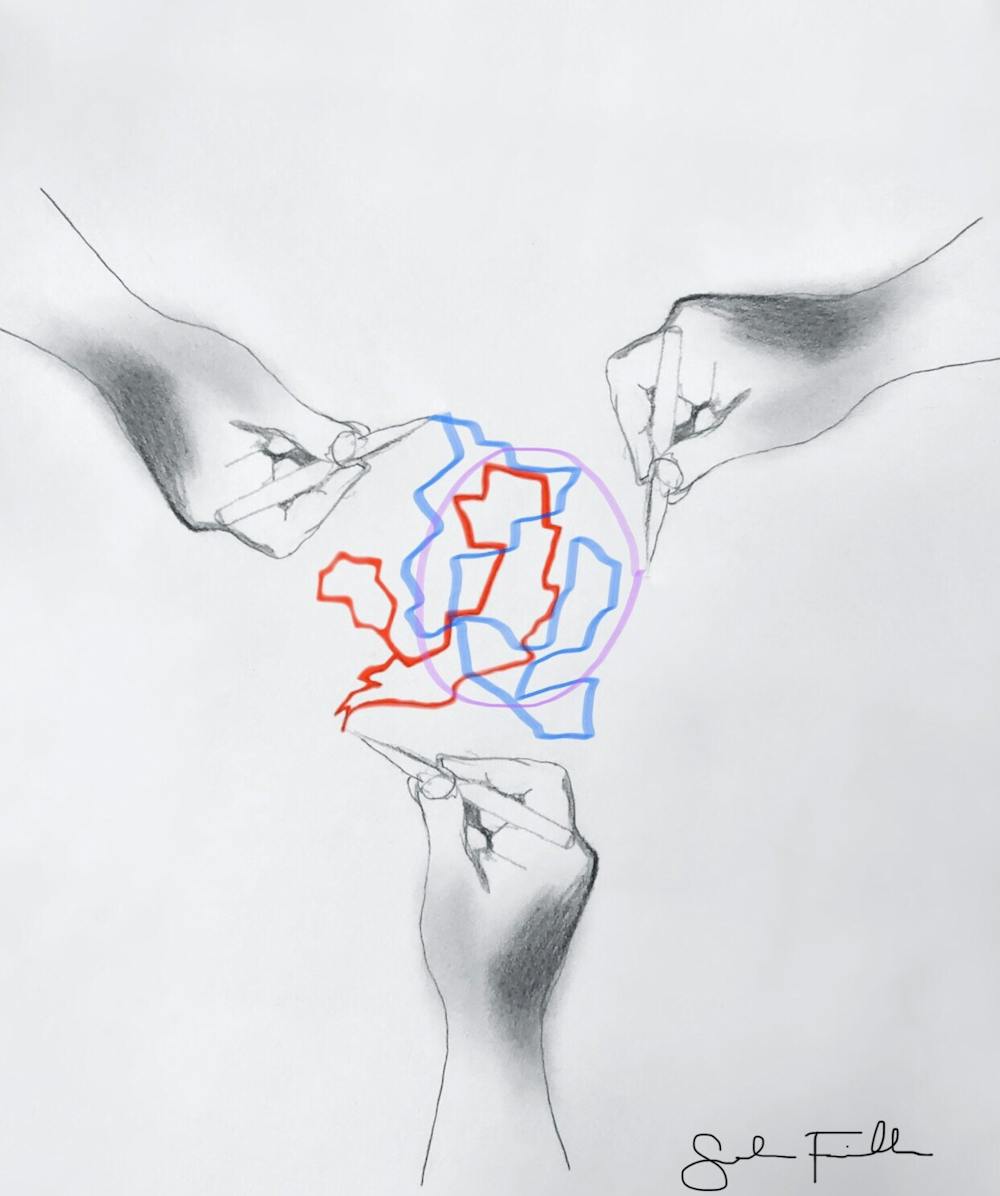Last week, the North Carolina House and Senate approved a new congressional district map to be used for the 2020 elections. Democrats, the minority party in both legislative chambers, are already preparing to challenge this latest map in court, seeing it as another partisan gerrymander by state Republicans.
Gerrymandering in North Carolina is nothing new, and the state’s electoral district maps have seen several challenges in federal and state courts over the past few years. In 2016, a North Carolina court found the state’s legislative districts to be unconstitutional racial gerrymanders. Another state court this year found redrawn maps to be an unconstitutional partisan gerrymander.
In North Carolina, elected lawmakers conduct the redistricting process. This inherently unfair arrangement results in a series of perverse incentives, as the people in charge of ensuring fair elections are the same people who stand to gain the most by being reelected. The legislature-controlled redistricting process is the root cause of North Carolina’s unconstitutional congressional and state legislative district maps.
Eric Holder, the former U.S. attorney general, said in a release the latest congressional map passed by state Republicans “simply replaces one partisan gerrymander with a new one...by continuing to split communities of interest, packing voters in urban areas, and manipulating the district lines to provide Republicans with an unfair partisan advantage.”
Holder is undeniably right, but what else could one expect from the N.C. House Redistricting Committee and N.C. Senate Redistricting and Elections Committee, together made up of 20 Republicans and only 12 Democrats?
Twenty-one states rely on nonpartisan or bipartisan redistricting groups to draw electoral district maps. It should be clear by now that North Carolina is not one of these states. Of the 21 states, eight make use of independent redistricting commissions to draft and implement electoral district maps.
An independent redistricting commission provides a robust solution to combating North Carolina’s extreme partisan gerrymandering. In an independent commission, the direct participation of elected officials is limited. The result is that redistricting commissioners are empowered to create more balanced, geographically appropriate electoral district maps that enable fairer elections and lead to a government that better represents its citizens.
The most important aspect of an independent redistricting commission is that it is independent and not partisan. North Carolina lawmakers could decide on the size and make-up of the body. They could even provide loose guidelines for the commission to follow, but to ensure fairness, lawmakers must not be directly involved in the redistricting process.
In 2015, the U.S. Supreme Court established the constitutionality of the use of independent commissions in congressional redistricting. This provides the firmest legal backing for their use, but precedent for independent bodies alleviating the worst consequences of partisan conflict can be found throughout American history.



